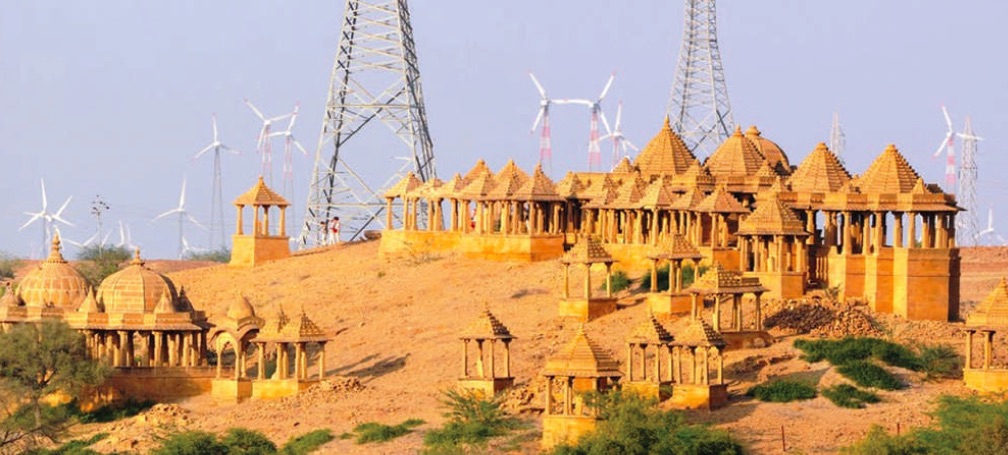What’s New on the Energy Front?
Zombie Energy
Sometimes a phrase just jumps out at you and your head snaps back in admiration. That happened while reading an article about a new UN report on Production Gap. The report focuses on the discrepancy between countries’ planned fossil fuel production and global production levels consistent with limiting warming to 1.5°C. In short, the world needs to decrease fossil fuel production by about 6% per year between 2020 and 2030 in order to limit global warming to 1.5°C. Yet countries are instead planning on an average annual increase of 2% in fossil fuel production
Here’s the rub, and the origin for “zombie energy.”

The Covid-19 pandemic, with its protective lockdowns and restrictions, has led to a reduction in economic activity, which has in the past relied heavily on fossil fuels to power the economy. With less to produce, fewer places to go to, and fewer people to share with, there has been a reduction in this reliance. It is estimated that there will be a global 7% decline in production of fossil fuels for 2020.
Of course we saw a similar decline in greenhouse gas (GHG) emissions due to economic downturn in the 2008 recession, and a return to rising GHGs as the economy recovered. We can likely expect the same turn of events once the pandemic is controlled.
So the challenge is how to hold steady on the pandemic-induced fossil fuel decline as the economy recovers. The key is how the government stimulus funds and recovery measures are spent and deployed. Unfortunately, it has been estimated that the G20 governments have already committed almost twice as much money for recovery to fossil fuel production than to renewable energy.
As Ivetta Gerasimchuk of the International Institute for Sustainable Development, a lead author of the Production Gap report, argued: “Alas, in 2020 we saw many governments doubling down on fossil fuels. Instead of governments letting these fossil fuel projects die, they resurrect them from death – it’s kind of zombie energy.” The Guardian, below.
Indeed it is. And we know that zombies are not easy to keep in the ground but that’s where they belong with all other stranded assets.
Sources:
SEI, IISD, ODI, E3G, and UNEP. (2020). The Production Gap Report: 2020 Special Report. productiongap.org/2020report
Damian Carrington, “World is ‘doubling down’ on fossil fuels despite climate crisis – UN report,” The Guardian (2 Dec 2020). https://bit.ly/38KbalI


No comments yet, add your own below